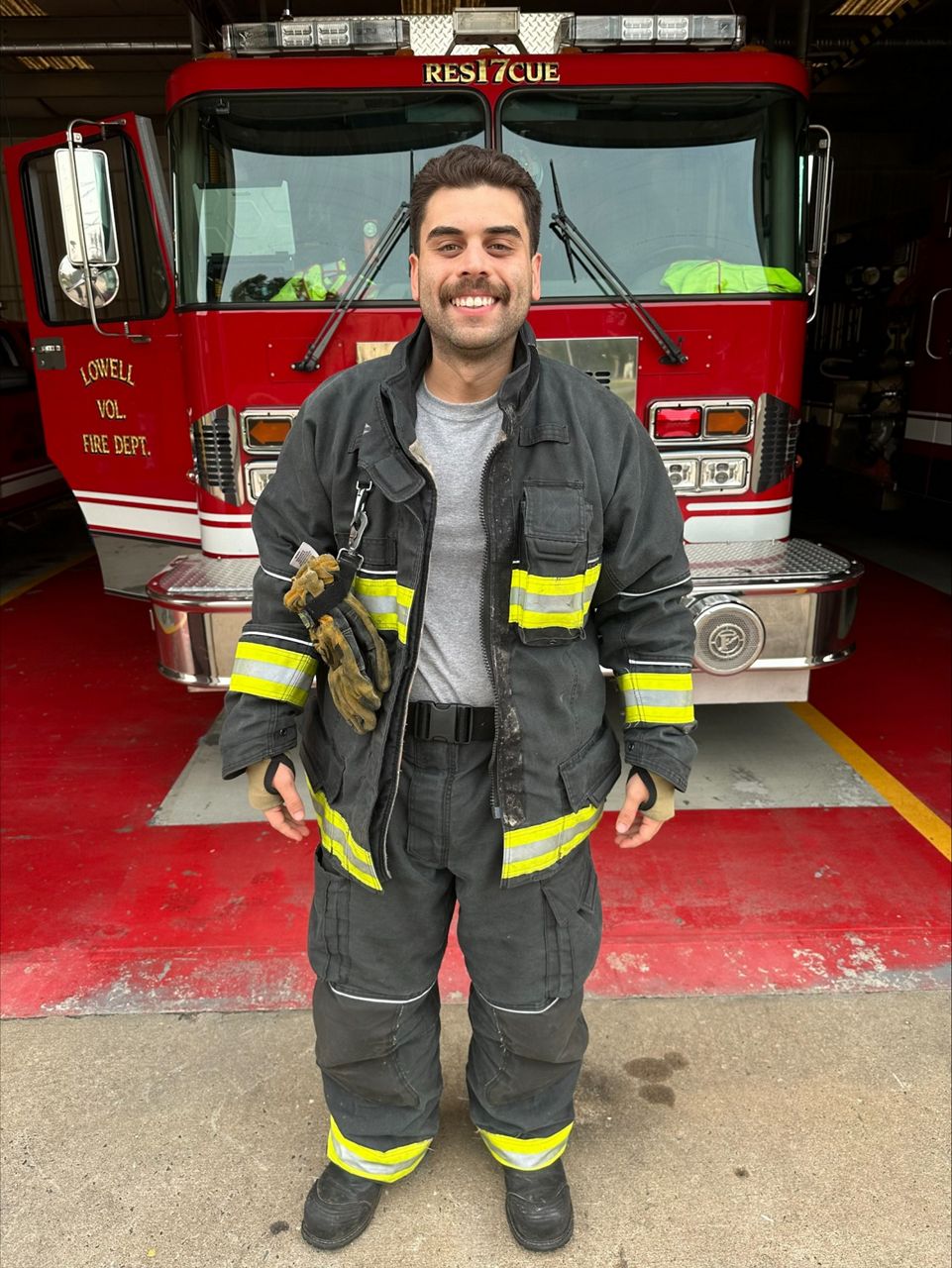CHARLOTTE, N.C. — A report from the International Energy Agency found in 2035, every other car sold globally will be electric-based.
While experts say these newer model cars may be safer for consumers, they can present a challenge for first responders dealing with major crashes.
Chris Reed, a rescue specialist for Municipal Emergency Services, recently led an extrication training at Speed Street Collision Center in Lowell.
Over time, Reed said manufacturers made advancements so vehicles are safer for drivers. But the newer cars can pose some challenges for responders.
"It's actually the material the vehicle manufacturer chooses to use to make their car safer and stronger. It's very challenging for us to be able to manipulate and cut," Reed said.

Reed said the extrication event is giving responders additional training for emergencies involving newer cars, like hybrid and electric vehicles.
"The National Auto Body Council works in conjunction with insurance companies, and they secure previously wrecked or damaged vehicles to allow fire departments to come in and train on them," Reed said. "It gives the department an opportunity to train on what we consider late or newer model vehicles, which they don't always get to train on out in the street. It's very difficult for them to learn on the fly. The last place you want to find out you have something new is after you're dispatched out to it and not prepared for that."
Ethan Mitchell serves on the Mount Holly Fire Department. He said this training is strengthening his confidence in the event a major emergency involving the newer models does occur.
"It's real-life training," Mitchell said. "You really don't know until you get into it, but this is the best we can do."
Sal Mendoza-Santos is the parts manager at Speed Street Collision Center. Mendoza-Santos is also a part-time firefighter. He said it's important for people to understand why constant training and education is needed for people handling the newer EVs.
"If you don't know how to cut off that main power source, understand the times you have to let it cool down or understand the cutting points, that could be a very dangerous outcome," Mendoza-Santos said.
In the event the worst does happen, Mendoza-Santos provides advice on what you can do if involved in an EV crash.
"The most important thing is an EV is going to act like any other vehicle," Mendoza-Santos said. "You do have to keep in mind you do have a battery underneath your vehicle like on the Tesla. God forbid if you get into an accident, it could be a serious accident if there's any damage to that battery. At least be aware of understanding what kind of vehicle you're in. Of course, call your first responders immediately and let them know the type of vehicle. If they understand the type of vehicle they're working with they know exactly how to prepare for the situation. Try to remain calm as best as you can."



